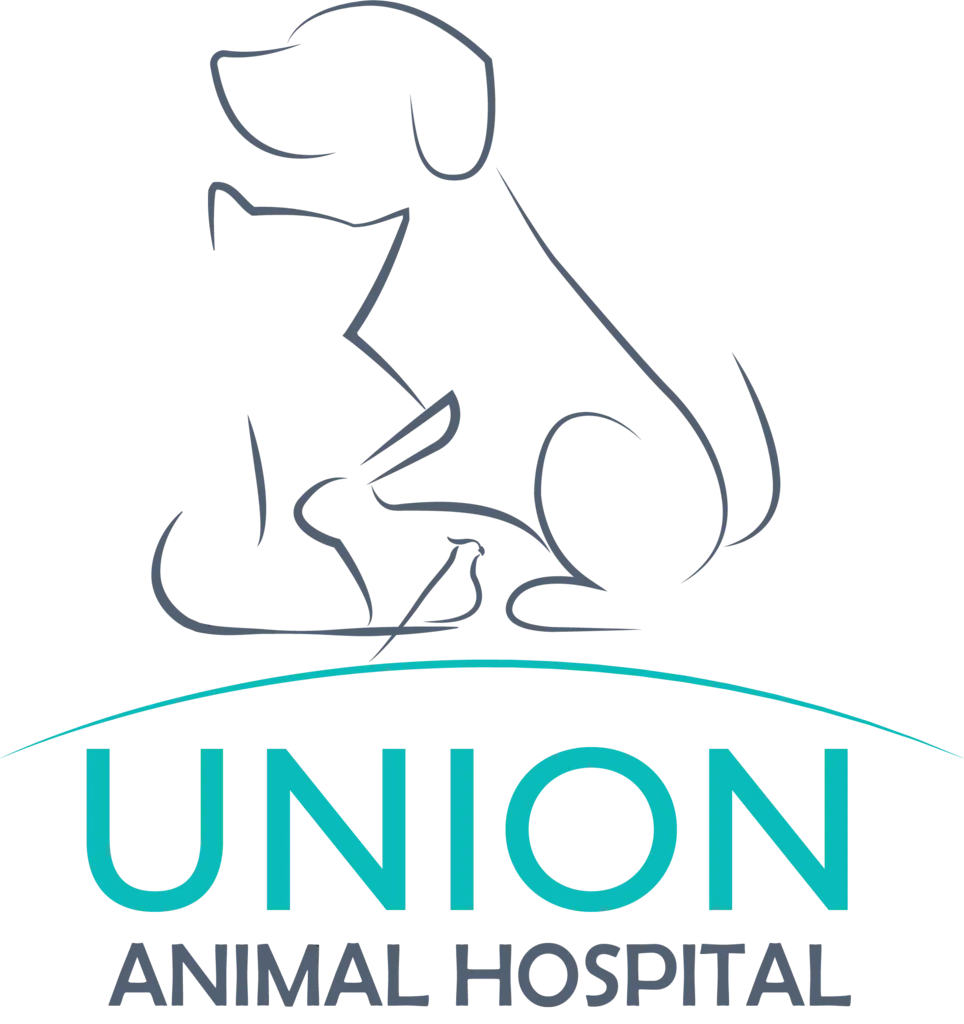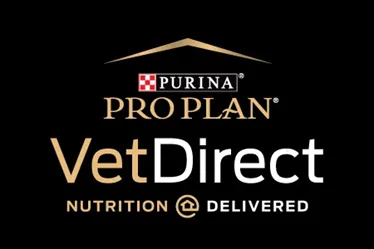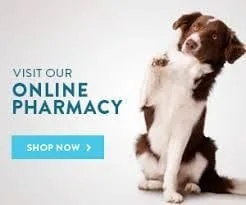
Reading Cat Food Labels: What Nutrients Does Your Cat Need?
Product labels provide the information you need to decide if a particular food is a good choice for your feline friend, but they can be a little difficult to decipher. Here's what you need to know about cat food labels.
Understanding the Information on the Label
Before you take a look at the list of ingredients in cat food, glance at the name on the label. The product's name offers clues that can help you decide if a particular brand or type of cat food is a good choice.
If the label says "Grilled Chicken" or "Tasty Beef," chicken or beef must make up 95 percent of the food's ingredients, according to Association of American Feed Control Officials (AAFCO) regulations. The same rule applies to turkey, lamb, fish, and other ingredients. If the label reads "Beef and Chicken Combo," these ingredients together must meet the 95 percent rule. In this example, the product contains more beef than chicken since beef is listed first.
When a manufacturer describes a product as a "dinner," this means that the food contains at least 25 percent of the ingredient on the label. For example, a can of Turkey Dinner could contain 25 to 94 percent turkey. If two ingredients are listed, the combination of the ingredients must add up to 25 to 94.9 percent.
Product labels that use the word "with" contain the lowest amount of the ingredients that are named on the label. If you see something like "Appetizing Morsels with Real Chicken," the food only needs to contain 3 percent of chicken, although it could contain up to 24.9 percent. A product labeled as "Chicken Flavor," may contain only a trace amount of chicken.
When you take a look at the back of a can or bag of cat food, you'll notice that the information is grouped into these categories:
- Guaranteed Analysis. The analysis lists the percentages of crude protein, crude fat, crude fiber, moisture, linoleic acid, calcium, phosphorus, and vitamin A in the food.
- Ingredients. This section lists every ingredient used to make the cat food, starting with the highest amounts first. Ideally, a protein source like meat, chicken, or fish should be the first ingredient, or at least in the top five. In lower-quality foods, fillers, like ground yellow corn, corn gluten meal, and beet pulp are often listed before beef, chicken, fish, or another protein.
- Feeding Instructions. Feeding instructions are carefully developed by the manufacturer and may vary depending on your cat's weight or age.
- AAFCO Statement. Cat food that meets AAFCO regulations will feature a sentence that reads that the product "is formulated to meet the nutritional levels established by the AAFCO (dog/cat) nutrient profiles," or "Animal feeding tests using AAFCO procedures substantiate that (product) provides complete and balanced nutrition." If you don't see this statement, the food may not meet your cat's nutritional needs.
- Net Weight. A bigger bag doesn't necessarily mean more food. Comparing net weights can help you decide which pet food offers the best value.
The Most Important Nutrients for Your Pet
These nutrients are essential for your cat's health:
- Protein. Lamb, chicken, turkey, beef, salmon, or tuna provide protein essential for growth, strong muscles and bones, cell repair, and other vital functions. Your pet's digestive system breaks down protein into amino acids, including taurine, an amino acid needed for eye and heart health, and arginine, an acid that helps your cat's body remove ammonia. Food for adult cats should contain at least 26 percent protein, according to PetMD.
- Fat. Fats and fatty acids provide the energy your pet needs to zoom through the house and are also needed for normal nervous system function. Linoleic acid, one of the ingredients you'll see in the Guaranteed Analysis section of the label, keeps your cat's coat and skin in good condition.
- Calcium. Calcium keeps bones and teeth healthy and enhances muscle and nervous system health.
- Phosphorus. Your cat needs a small amount of phosphorus for bone and tooth development as well as healthy muscles and nerves.
- Vitamins. Vitamin A protects your cat's eyesight, while vitamin E offers protection from free radicals, unstable molecules that can damage cells. Other vitamins important for good health include folic acid, niacin, riboflavin, pantothenic acid, and vitamins D, B1, B6, B12, D, and K.
Not sure which food to choose for your cat? We can help you consider the pros and cons of common brands. Give us a call to schedule your furry friend's appointment.
Sources:
PetMD: Do Cats Need High Protein in Cat Food?
IAMS: The Importance of Taurine in Cat Food
U.S. Food & Drug Administration: Pet Food Labels – General
American Association of Feed Control Officials: Reading Labels
National Research Council of the National Academies: Your Cat’s Nutritional Needs



